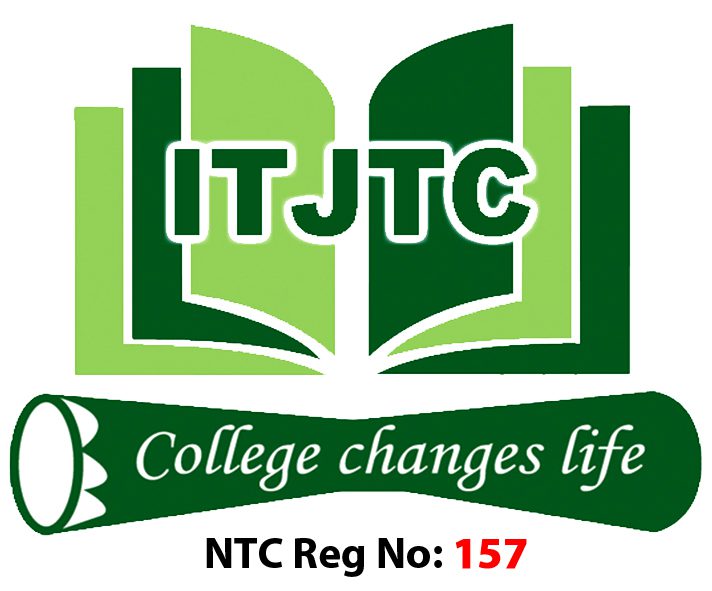Certificate in Business Management
8
Unit
NO
ENTRY REQUIRMENT
INCLASS/ONLINE
DELIVERY MODE
192h
Duration
K2900.00
COURSE FEE
Course OverView
This qualification enables you to design your own study/skills pathway and is for people desiring to well developed small business management skills and possess a small business management skills and possess a broad knowledge base to meet the challenges of the tough environment facing small business today. You will learn about:
- Budgeting & Managing Money
- Managing mini projects up to its completion
- Managing Inventories (stocks, stationery, warehousing etc)
- Planning Human Resource, recruiting and hiring strategies, managing customer services.
- Effective Business communications and designing & producing texts using MS. office applications.
Completing this course will help you:
A primary pathway from this qualification is employment in a small scale Business
Management job roles such as Office Admin Management, Admin Assistants,
HR Officer/assistant.
Further learning is possible utilizing qualifications such as an Advance Diploma
In Human Resource Management or Bachelor Degree depending on the
requirements of concerned Tertiary Institution to support carrier progression.
Who is the course for?
This course is suitable for learners who complete year 10 above, work people who wish to change career.
COURSE CONTENT
In This Unit, you will learn how to use basic MS word function and features to produce business documents, letters, etc. This is a essential skill in this computer world, to maintain effective communication and support in business management.
In This Unit, you will learn how to use basic MS Excel application, function and features to produce business related form, list, manage business data, calculation, etc. This is a another essential skill in this computer world, to main effective communication, clear records and support in business management.
· Identify common communication problems that may be holding you back
· Develop skills to ask questions that give you information you need
· Learn what your non-verbal messages are telling others
· Develop skills to listen actively and empathetic to others
· Enhance your ability to handle difficult situations
· Deal with situations assertively
-Define basic financial terminology
-Prepare a budget of any type or size
-Get your budget approved
-Perform basic ratio analysis
o Describe what is meant by a project
o Explain what project management means
o Identify benefits of projects
o Identify the phases of a project’s life cycle
o Sell ideas and make presentations related to pitching a project
o Prioritize projects
o Begin conceptualizing your project, including goals and vision statements
o Use project planning tools
o Contribute to creating a Statement of Work
- Understand terms that are frequently used in warehouse management
- Identify the goals and objectives of inventory management and measure your process against these goals
- Calculate safety stock, reorder points, and order quantities
- Evaluate inventory management systems
- Identify the parts of the inventory cycle
- Better maintain inventory accuracy
- Define your role as a manager and identify how that role differs from other roles you have had.
- Understand the management challenge and the new functions of management.
- Discover how you can prepare for and embrace the forces of change.
- Identify ways to get you and your workspace organized and get a jump on the next crisis.
- Identify your leadership profile and explore ways to use this knowledge to improve your success as a manager.
- Enhance your ability to communicate with others in meetings and through presentations.
- Create an action plan for managing your career success.
o Discuss current issues in the human resource field and the changing role of supervisors and managers in terms of HR functions.
o Write job specifications and identify core competencies.
o Apply methods of finding, selecting, and keeping the best people using behavioral description interviewing techniques.
o Get new employees off to a good start.
o Understand compensation and benefits.
o Maintain healthy employee relations.
o Make performance appraisals a cooperative process.

